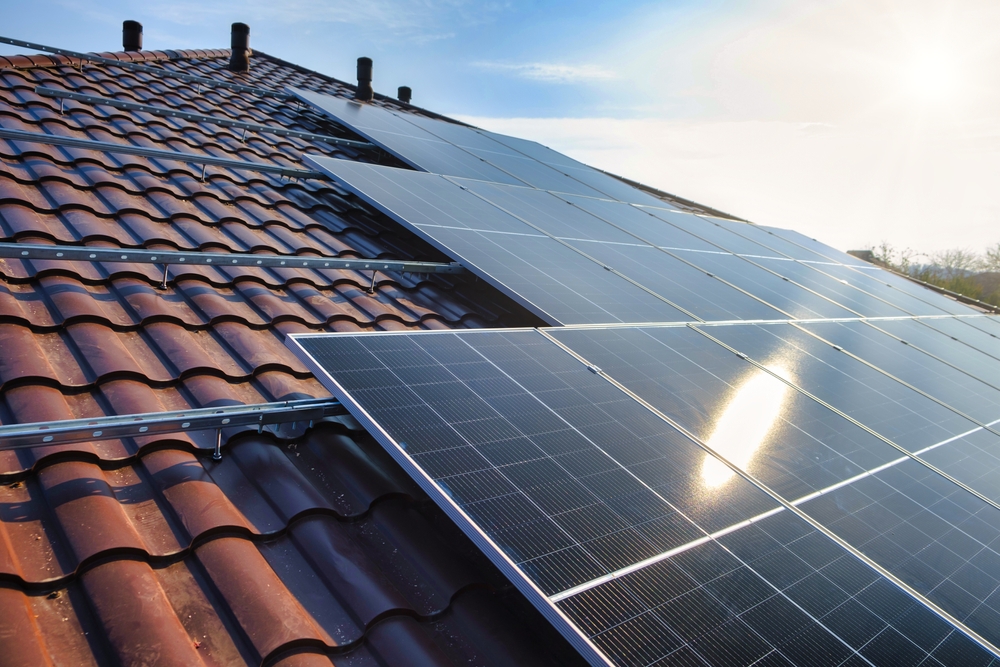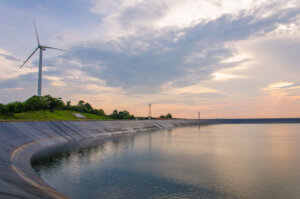Even in the big cities, you’ll find a trend of eco-friendly apartment and condo living. If you’re thinking of purchasing a second home, whether it be a cottage, cabin, lake house, camp or other, you may be considering going totally off-grid. It’s an exciting idea for homeowners who want to actively reduce their carbon footprint, and get closer to nature.
When considering buying an off-grid property, there are many things to ponder. Often an off-grid piece of land will be sold at a much lower price than a property which is already connected to the local power authority. Connecting a property to the local power authority will most likely run you around $20K to $30K or more, depending on the location of the property, so take this into consideration when understanding the economics of your investment. It’s highly possible that the capital costs of a full solar panel installation will cost you less than purchasing a home which is already serviced by an electrical utility.
Alternative solar
Alternative, clean energy options for the home are booming. Homeowners are increasingly presented affordable and alternative energy options to choose from. Traditional solar panels are a great option if you have a piece of land or roof that gets sufficient sun, however if budget permitting, why not explore new technologies such as the Tesla Solar Roof. Elon Musks’ revolutionary Solar Roof is purported to last twice as long as a traditional roof (and maybe much longer) and it will both reduce if not totally eliminate electricity costs and, paired with a Tesla Powerpack battery, provide you with backup energy in the case of blackouts.
Not only is Musk’s roof revolutionary from a technology standpoint, it’s also beautiful. Sources say the Tesla roof will apparently last at least as long as your mortgage, thus alleviating the need to invest in a new roof over the lifetime of your dwelling. In fact, the solar roof is touted to appreciate in value, unlike traditional roofs. Definitely worth investigating the long-term ROI on this product.
Wind and hydro power
Wind and hydro power are also clean, alternative sources of energy that can be explored if you choose to live off-grid. Hydro power will obviously require access to water, and the right technological solutions to support your power needs. If you are considering a wind powered solution, make sure you research the average wind speed ranges on your property. These can often vary significantly from regional averages depending on local topography. You can then estimate how much electricity a given system will produce by knowing your average wind speeds.
Of course, there are pluses and minuses to going with wind energy, the most obvious of which is the need for breeze: if the wind doesn’t blow, the turbine stays still and the electricity isn’t generated. Wind turbines also have moving parts, which means regular maintenance, and the possibility of failure.
Many traditional off-grid dwellers use gas-powered generators, either as a backup to an alternative system, or as the main system. Generators are noisy, smelly, not eco-friendly and require refuel, so keep this in mind when deciding which system to go with. If you rent out your cottage, you may want to consider going with a system that does not require the user to interact with a gas-powered system. To learn more about payment methods for energy-efficient backed projects, here’s everything you need to know about Canada’s Green Homs Grant.
Best of luck with your project!
Article updated June 2022.

